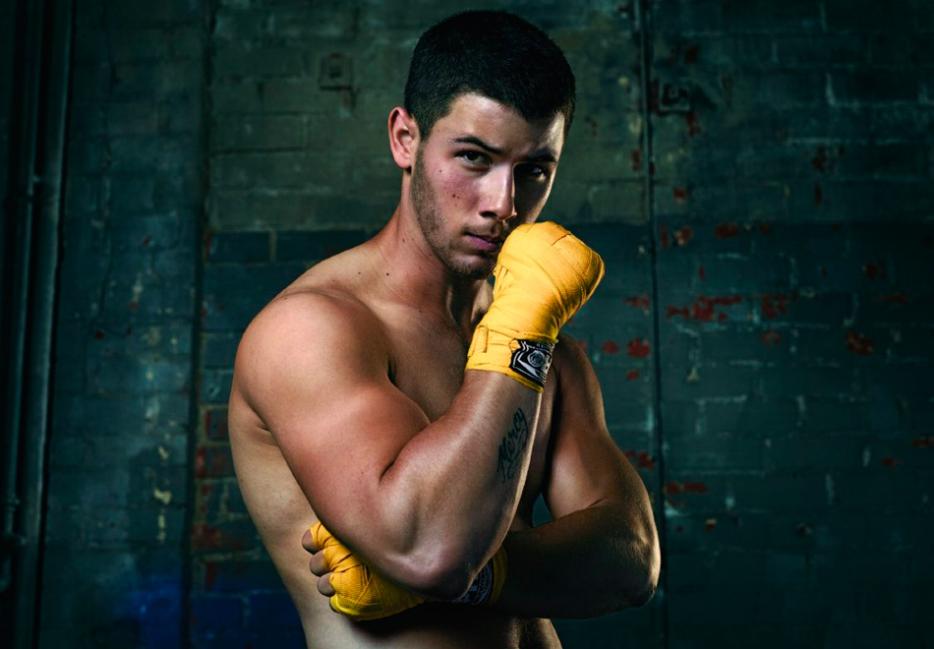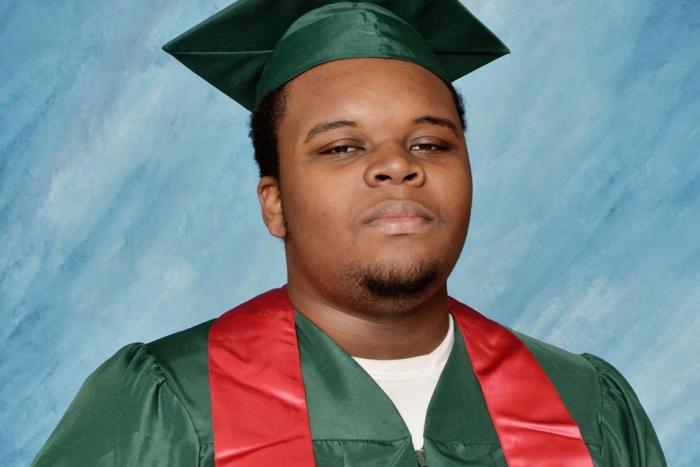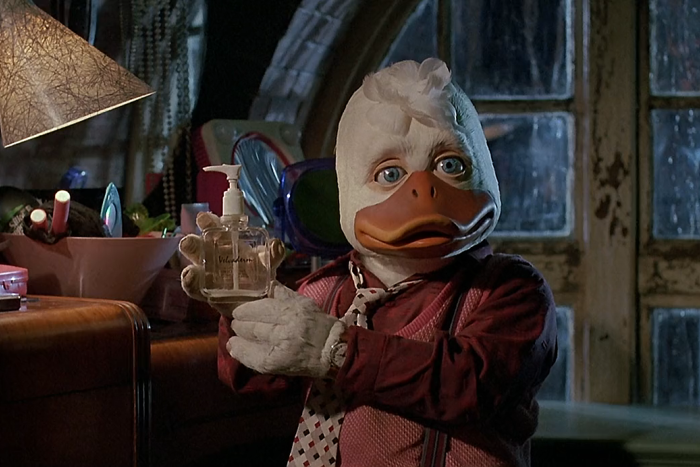In the opening scene of the classic film Josie & The Pussycats, Alan Cumming’s feyly sinister record executive elects to assassinate his boy band Du Jour after they discover the subliminal messages filling a new remix. Every plane crash and overdose throughout the history of popular music, it turns out, was arranged to disguise this capitalist conspiracy. “I’ll get rid of them,” Cumming vows later on, “have a new band by the morning.” But he fails to kill off our heroes; he couldn’t even do away with Du Jour, finally. Josie & The Pussycats suggests that teenage feelings can be both absurd and vital. Like Blade Runner’s replicants, boy bands perform the grand impulses of pop (not to mention human existence) inside a delineated half-life: Ecstasy continuous with the death drive, every scream heightened by some vague understanding of the sombre press conference that awaits us all. A dimpled memento mori.
Obsolescence doesn’t always happen as planned. When boy bands break up, a few stray survivors get to be George Michael; everyone else, regardless of their talents or appeals, mostly joins the dozens of other Andrew Ridgeleys. It’s not especially meritocratic, but even then I wouldn’t have bet on any of the Jonas Brothers reaching that first category. They looked like the same mannequin with three different haircuts and combined for about as much personality as a lesser Duran Duran member. The tremulous yelp they sang in was a familiar pop-punk vocal style made humourless, which is to say charmless. I couldn’t even name any of their songs before writing this, and I remember tons of inane garbage from the mid-aughts, e.g. Hot Hot Heat. When Nick Jonas returned with his self-titled solo album this month, he was greeted by mortifying headlines like “Nick Jonas Confirms He’s No Longer a Virgin.” As if hedging for every feasible demographic, his promotional tour has courted gay audiences, recreating Marky Mark’s dick-groping photo shoot and gamely stripping at New York twink parties—carrying out the pandering with an amiable dedication that seems rather sweet.
Jonas has long evinced larger ambitions: He co-wrote half of Demi Lovato’s debut album, producing better hooks than the family business could muster at the time. His fine solo record surprises me, though, because its synthesis of pop and R&B keeps resisting the obvious comparisons. Justin Timberlake’s 20/20 Experience is a superficial touchstone, but Nick Jonas avoids its embarrassing Sinatra cosplay, the preening muchness (the new LP clocks in at a smoothly consistent 38 minutes). Miguel came to mind, for the way both use R&B traditions as a kind of map into new territory, although the ex-Bro leans on more overwrought grooves. Prince feels numinously present, too, an impious Holy Ghost. “Teacher” slinks away from disco at a gait akin to the pre-house party music of the early 1980s, when cold synthesizers replaced orchestral strings. Its hook embodies the pulse of an agitated machine. Even when they’re not so thrilling, the songs here can wrong-foot you: “Warning” does nothing much for two minutes before Jonas’ falsetto slowly permeates it.
That’s the other thing: He can sing now. Jonas favours a tone of crooning ease (very Miguel), but that understates the weirdness of his vocals, how stagy and affected they sound. On the sleek single “Jealous,” he manages to salvage a lyric obnoxious both in rhyme (“It’s my right to be hellish / I still get jealous”) and sentiment (“I absolve you of responsibility for me being a possessive dick”), partly by giving it the most buttery treatment possible, partly by dancing somewhere between self-awareness and self-consciousness. It’s an infectious approach: When Angel Haze shows up to guest on “Numb,” she mentions begging somebody to stay and then ventriloquizes her pleas. The prevailing image is of a white musician studying R&B at one remove, anxiously hoping to measure up.
The other new album I’ve been playing for the last week is Four, by One Direction—despite one or two challengers and a nearly exhausted record contract, still the biggest boy band of the moment. And based on this record, from its very first cheesy “Don’t Stop Believing” chords onwards, they would like to mature out of that position and start making arena rock for dads immediately. I did not expect to hear a Bob Seger pastiche at all in 2014, but I really didn’t expect to hear it midway through the One Direction album. There’s a fake Killers song. There’s a fake Fleetwood Mac song too, and a great one. “I am so proud of my sons,” somebody wrote on Tumblr. “What a beautiful coming-of-age horse movie soundtrack they have created.” It all seemed curiously plaintive, knowing that most of the group will be lucky to contrive a Jonas-esque transference. Does the compressed life of a boy band narrow your future to twinned tunnels, ever since the archetypal “cute one” felt compelled to choose between Stockhausen and Motown covers? Or does that describe the rest of us too?






